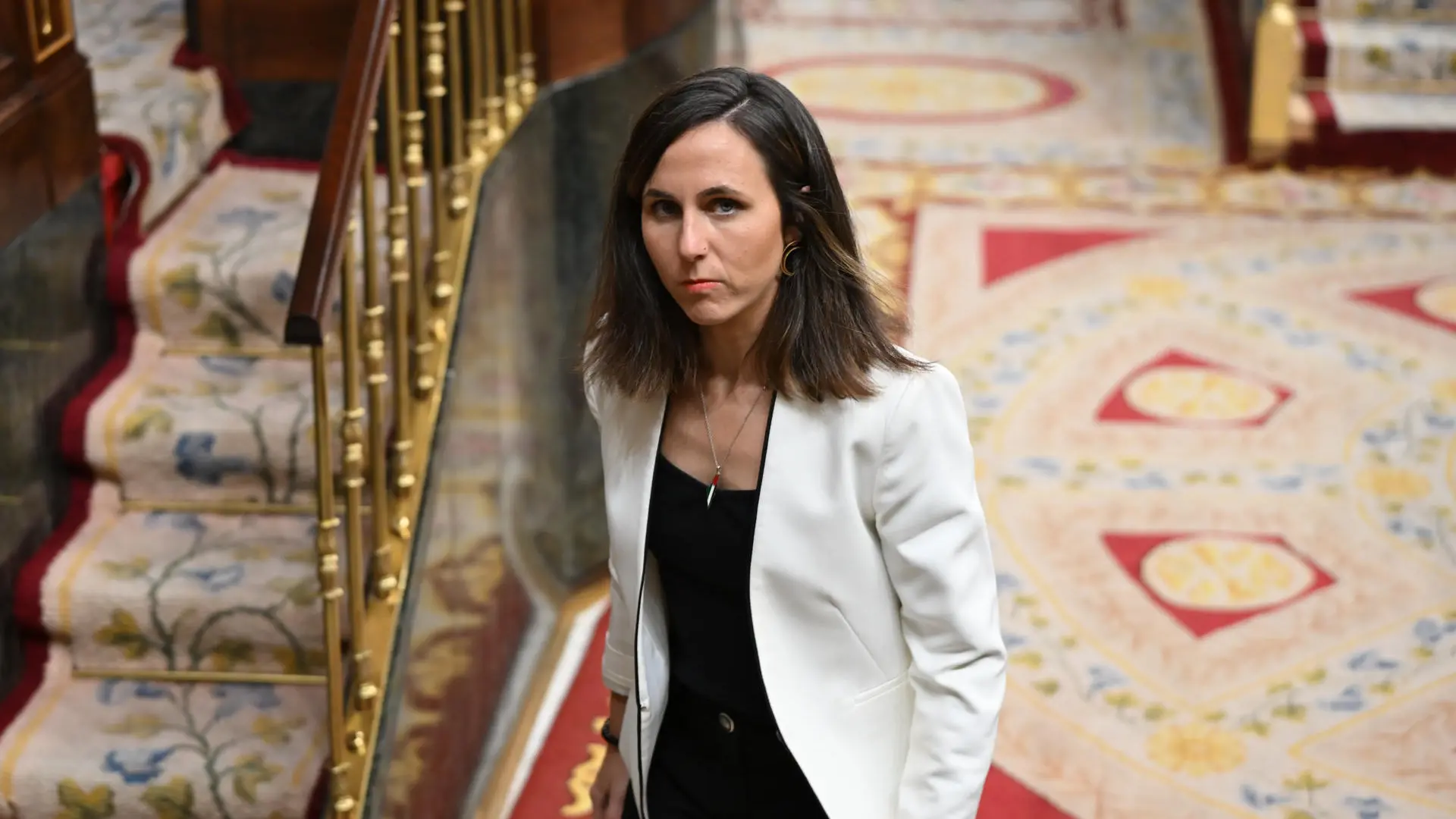The Government saved Monday in extremis and with a contradictory negotiation late at night. a party ball, but it cannot consider its tax reform to be definitively approved. The controversial bill will be submitted to its final vote next Thursday in the plenary session of the Congressand the Executive does not have the necessary votes to move it forward, just a couple of days before this date. The piece that dances in the majority needed by the Moncloa is the following We can, which rejects the decaffeination of the tax on energy companies as agreed by ERC, EH Bildu and BNG and which assures that it will not support any regulation that, at least, does not maintain the current tax in all its intensity.
The purple ones were very critical this Tuesday with the agreement reached at the last minute by the Treasury with the left-wing nationalists to extend the tax on energy companies. As the Government itself warned minutes after this agreement was announced, and as reaffirmed this Tuesday by the PSOE, the new tax, which will be approved by decree, will include exemptions for oil, electricity and gas companies. that make investments in “decarbonization”. And that, in the opinion of Podemos, means converting the tax into a mere symbolic tax, an operation that, they assure, they do not intend to endorse with their vote.
The problem for the Government is that, if it gives in to pressure from the left and extends the tax to energy companies in its current configuration, the one who would fall out of the majority would be another essential partner to approve the tax reform: Junts. But Podemos insists that this is not its problem and maintains that it will not “jump through hoops” to assume a tax reform that has been negotiated “very badly” if it does not include a tax that, at least, is not cut with respect to the one currently in force. Purple sources open the door, at most, to an abstention.which would allow the Government’s tax reform to be approved by the minimum. But they warn that they will decide their vote in the next few days and that the Executive cannot consider it closed.
The PSOE, nevertheless, tries to show calm and transfers that the most complicated part, Monday’s vote, has already passed. Socialist sources are optimistic about the possibility of convincing Podemos to join the majority that would allow the tax reform to go ahead in the Congress, and they say that they will offer them some counterpart in exchange for their supportalthough they do not give details in this regard. What they do argue is that one of the keys to the negotiation, once the extension of the tax to energy companies has been agreed, is to define to what extent it will be diluted, i.e., what amounts companies will be allowed to deduct and in what way.
A tax reform with more measures
The other wing of the government, that of AddLikewise, he is confident that Podemos will end up facilitating the approval of the tax reform, and sources from the coalition that he leads Yolanda Díaz affirm that it would be very complicated for the purple party to explain that they are overthrowing a law that, beyond the tax on energy companies, includes a good handful of progressive fiscal measures. Among them is what was initially going to be the only measure contained in the law: the transposition of a European directive to establish an EU-wide minimum rate of 15% in the corporate tax paid in Spain by multinational companies.
Also, among the tax initiatives included in the law are progressive tax reductions for small and medium-sized companies, as well as the tax increase on capital income, which will increase by two percentage points. from 300,000 euros earned through dividends, income, shares or similar. The groups also approved on Monday to implement a new special tax to tax vapers and raise the taxation of tobacco and a tax cut for artists with irregular income.
Other amendments that were discussed on Monday did not pass and, for the most part, will be debated and voted on again next Thursday. This is the case, for example, of the one that extends as of January 1 the tax on extraordinary banking profits, that ERC, EH Bildu and BNG voted down on Monday but that, on Thursday, they have agreed to support as part of the agreement they signed with the Treasury. Also, two amendments agreed by the PSOE and Sumar that did not go ahead on Monday will be voted again: one to end the tax advantage enjoyed by the so-called socimis, which the Socialists knocked down by surprise, and another to raise to 21% VAT on tourist apartments, which did not go ahead because of the opposition of PNV and Junts.



